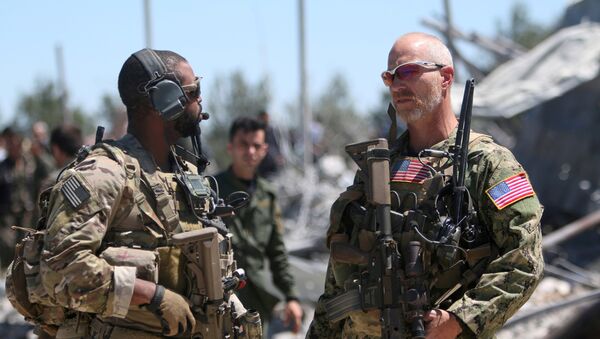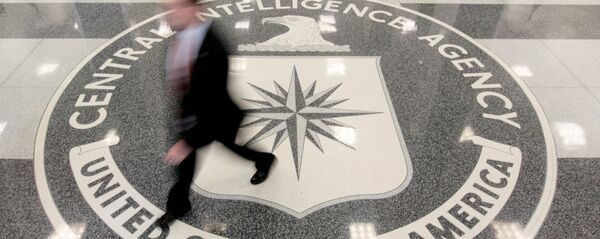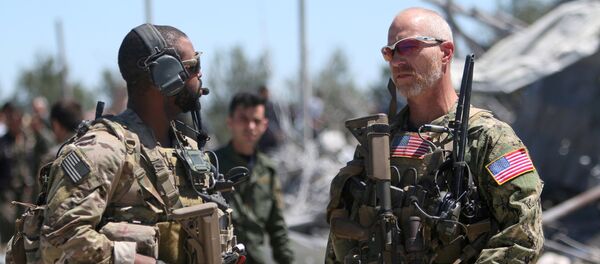US Special Operations Command (SOCOM) head General Raymond Thomas last week told at a security forum on Friday that Russia can challenge the legality of the US military presence in Syria.
"Even more blatantly illegal is the targeting of Syrian governments forces operating on their own territory and fighting against al-Qaeda, among other terrorist groups. With respect to international law there is no murkiness at all: US actions in Syria are flatly illegal," Jatras said.
Treaties and conventions like the UN Charter are not optional, they are binding on state parties and in the US legal system have the same force as federal statute, Jatras explained.
The SOCOM commander had raised a question that was relevant under both US domestic law and binding international law, Jatras observed.
Under US domestic American law, the Obama administration’s pretense that it was acting pursuant to the Authorization for the Use of Military Force (AUMF) passed in September 2001 after the 9/11 attacks lacked any credibility, Jatras pointed out.
"That might conceivably be applicable to the operations of al-Qaeda in Syria, although until President Trump’s recent decision to cut off CIA arms supplies to jihadists in Syria, al-Qaeda linked groups seemed to be mostly beneficiaries of Washington’s involvement, not military targets," Jatras remarked.
The Islamic State terrorist group (banned in Russia) did not even exist yet when that AUMF was approved by Congress, so the authorization could not possibly apply to it, Jatras maintained.
"How the 2001 AUMF can be applicable to a group like ISIS, which didn’t exist in 2001, is anyone’s guess," he said.
Instead of targeting IS and other Islamist extremist groups, the US government had been supporting such forces and had opposed the legitimate government that was fighting them, Jatras recalled.
"Under the Charter, which is the fundamental law of the international system, there are two – and only two – legitimate uses of military force," he noted.
The first of those was authorization by the UN Security Council under Chapter Seven of the Charter, Jatras remarked.
"Clearly, that justification is inapplicable, since the UN Security Council has authorized no US action in Syria," he said.
Second, Article 51 of the Charter upholds the inherent right of individual or collective self-defense if an armed attack occurs against a Member of the United Nations, Jatras said.
Russia and China were hardly likely to agree to a UN Security Council resolution that might leave the door open for an attack on the Syrian government, Jatras commented.
"Moscow and Beijing will recall how the Obama Administration abused a 2011 resolution to alleviate a purported humanitarian crisis in Benghazi – then used it as a blank check to help jihadists overthrow the Libyan government. Charlie Brown won’t try to kick that football again," he said.
Any US presence in cooperation with Russia would need agreement from Damascus as well, Jatras insisted.
However, "The chances of that are quite slim while the return of ‘regime change’ to Washington’s lexicon is an ever-present possibility," he cautioned.
Therefore the legal problem raised by General Thomas likely has no solution, Jatras summed up.
"The good news for the interventionists is that no one in Washington much seems to care," he concluded.
If the Russians presented the legal case against the continued US military presence in Syria US leaders might still want to stay but find they had no ability to do it, Thomas suggested in his comments on Friday.




